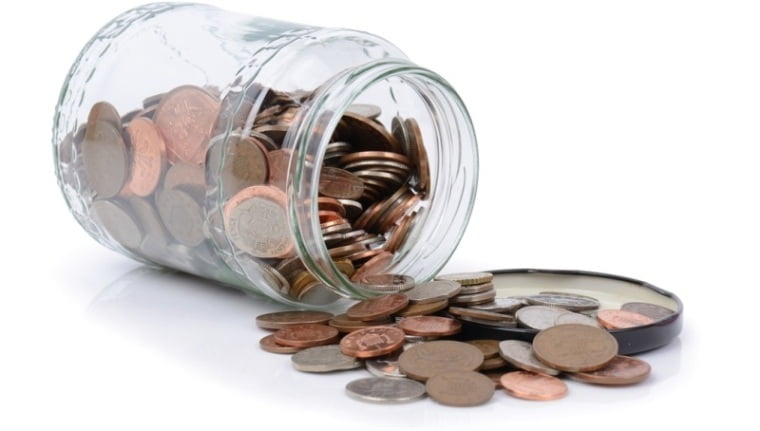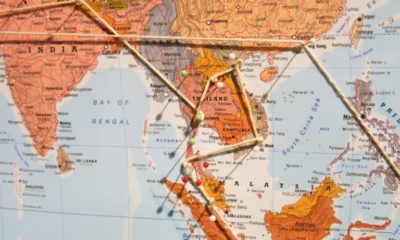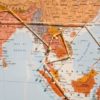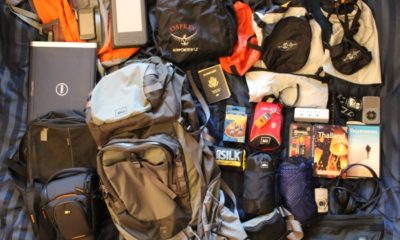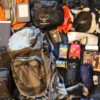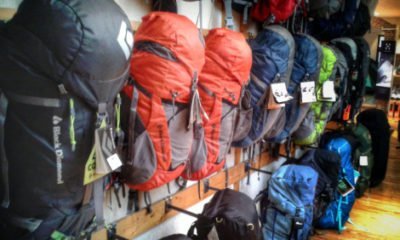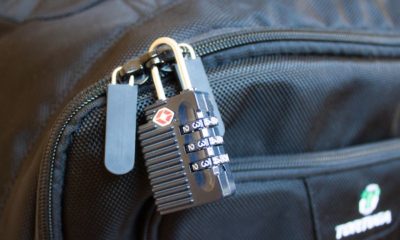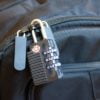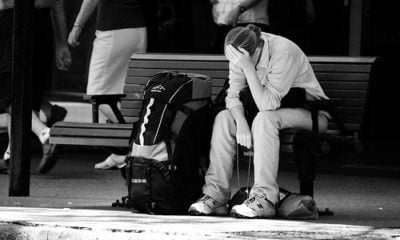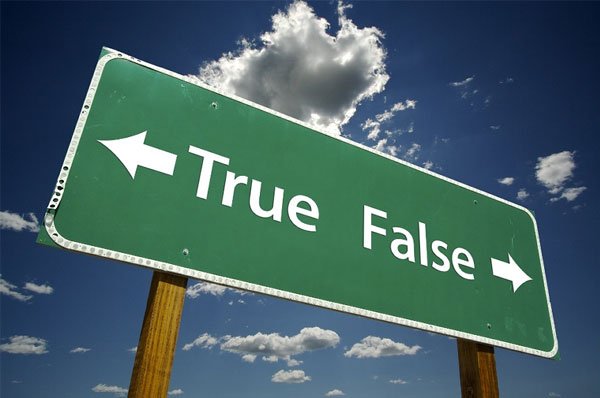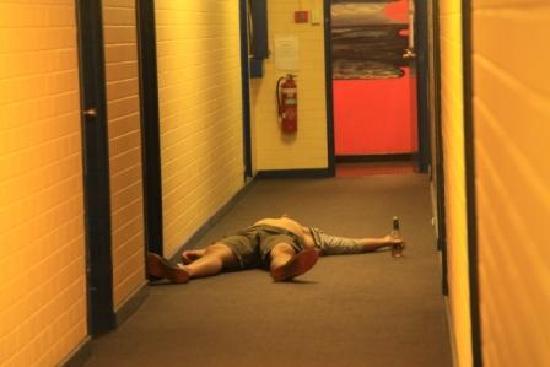Travelling On A Budget: Backpacking Can You Do It?
How cheaply can you travel the world? Can you cope with travelling on a budget?
How cheaply can you travel the world? Can you cope with travelling on a budget?
This article outlines budgets for different lifestyles and standards of living whilst backpacking around the world.
You can use it to aid your budget planning, by assessing what budget you are prepared to live on and therefore how much you will be spending a day.
If you think you may struggle to travel on a budget you should read our 15 Tips On How To Save Money While Travelling
5 Different Types of Backpacking Budgets – Where Do You Fit?
Free Spirit Budget
People trying to travel the world with just a few hundred bucks in their pocket. Making the most out people’s kindness and free opportunities; aiming to spend nothing, unless you absolutely have to.
Accommodation: Couchsurfing or camping. Sleeping on overnight transport. Working in exchange for accommodation. Lowest priced hostel as a last resort.
Transport: Hitch-hiking. Occasional overnight buses. Overseas travel by boat or cargo ship (if cheaper than flying).
Food: Closing time freebies. Working or trading for food. Cooking for self as cheaply as possible.
Types of Activities: Sightseeing, beaches, hiking.
Daily Budget: £0-10 (US$0-15)
Scrimper Budget
People with small budgets; trying to spend as little as possible, but not prepared to go to the levels of free spiriters.
Accommodation: Lowest priced hostel and dorm available. Couchsurfing and camping if a practical option.
Transport: Predominately buses and trains – flying only to other continents. Possibly hitch-hiking.
Food: Cooking for self whenever possible. Cheap street or takeout food in developing countries.
Types of Activities: Sightseeing, beaches, hiking, museums, occasional drinking and day trips.
Daily Budget: £10-20 (US$15-30)
Average Budget
Your average Joe backpacker; trying to travel cheaply, with a reasonable standard of living.
Accommodation: Mid-range hostels. Occasional guesthouse in developing countries.
Transport: Buses and trains mainly, but flights for any journey over 24hrs by land.
Food: Cooking for self in developed countries. Street food and cheap restaurants in developing countries.
Types of Activities: Sightseeing, beaches, hiking, museums, partying, occasional day tour, one-off extreme or extravagant activity.
Daily Budget: £15-£30 (US$22-45)
Flashpacker Budget
People trying to travel cheaply, but not prepared to sacrifice their standard of living too much.
Accommodation: Top rated hostels, with the lowest possible number of beds in a dorm. Private rooms and guesthouses in developing countries.
Transport: Buses and trains mainly, but flights for any journey over 10hrs by land.
Food: Restaurants in developing countries. Cooking for self in developed countries, but occasional takeaway food.
Types of Activities: Sightseeing, beaches, hiking, museums, partying, day tours, occasional extreme or extravagant activity.
Daily Budget: £20-£50 (US$30-75)
Tourist Budget
People on the borderline of a backpacker and a tourist; wanting to travel economically, but not willing for money to get in the way of their overall happiness. Most likely to be people travelling for shorter periods (less than a month), or on a sabbatical.
Accommodation: No hostels – hotels and B&Bs only.
Transport: Flying for any journey that takes over 5 hours by land. Possibly renting vehicles.
Food: Restaurants.
Types of Activities: Unlimited.
Daily Budget: £40-80 (US$60-120)
How To Use The Above
Budgeting is the hardest part of backpacking to advise on – there is no scientific formula as to how much money you’ll need – everybody is different.
The ‘Daily Budget’ is dependent on the country you are in – in developing countries it will be nearer the low end bracket, and vice versa for developed countries. Read here for more about minimum daily budgets for individual countries.
Buses and trains are usually cheaper than flights, but not always. Just because you are on a very tight budget, it doesn’t mean you shouldn’t consider flying. The same goes with accommodation – guesthouses and hotels can be cheaper than hostels if there is more than one of you.
It is highly unlikely you will stick to one particular budget for your entire trip. One day you may spend nothing; other days you will spend a lot – many people will hover between different types of budgets. Furthermore some people may be a scrimper in terms of transport, but a flashpacker when it comes to accommodation.
My main advice is not to take these budgets too literally and do what best suits you – getting the balance right between saving money and staying happy is the key. Of course everyone would like to travel as cheaply as possible, so just think before spending every penny: “do I really need to buy this?”; “can I get this cheaper elsewhere?”; “would I rather spend this money on something else?”; “can I afford to do this in the long term?”; “can I go without?”.


